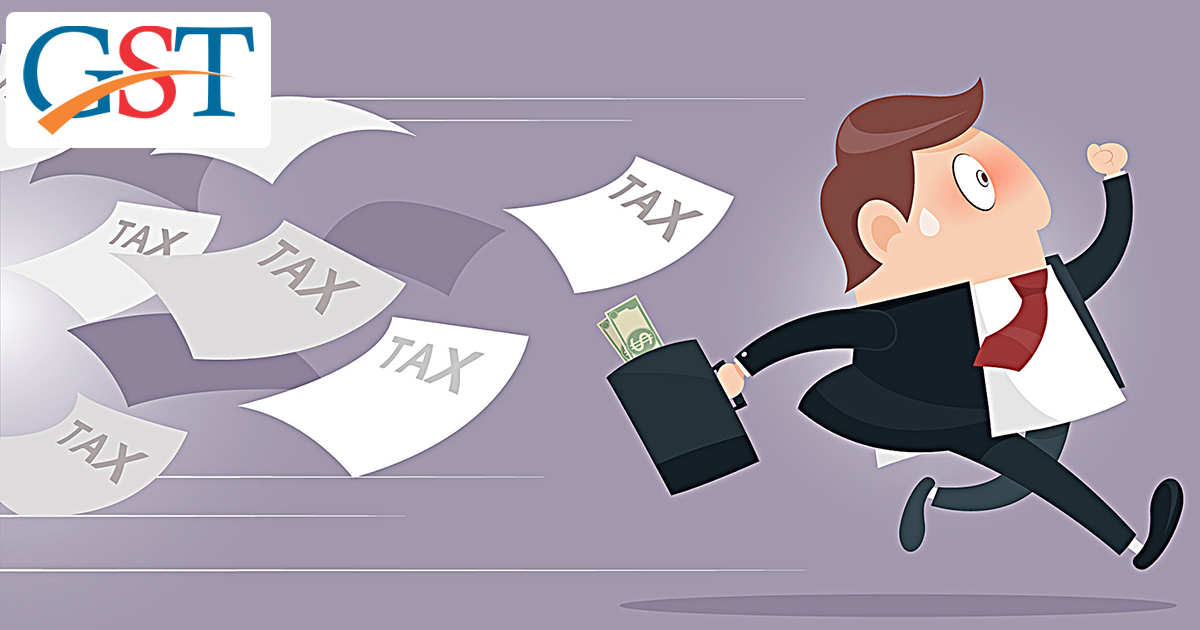The state government is all ready to look up for the complaints against the businesses who are not issuing bills or issuing bogus and improper bills or staying away from paying the GST. The next step of the government is to reach the tax-evaders by the taxpayers filing returns properly. Delhi, UP, Haryana, Gujarat, and more of state governments are trying to reach the evaders by different ways and tactics.
UP government has released a scheme, according to the scheme every customer has to forward the copies of transaction bills by WhatsApp or email to the government and government will match the transaction bills or investigate the bills by field surveys. Mukesh Meshram, UP commissioner has released the directives to verify the transaction bills by matching the copies of the same and take action against the accused.
Haryana government has also taken initiative to aware the buyers and ask them to check the certain points on a shopping bill to assure the authenticity of the bill. Previously, Delhi government had started the scheme named ‘Bill Banvao, Inam Pao’ to resolve the tax related issues in VAT regime and it helped the government to find the tax-evaders.
Read Also: Are Restaurants Charging Correct GST Bills?
Officials are taking the issue seriously and paying attention to the social media sharing of bogus and forgery bills. The state government are collecting such bills claiming complaints and posted on Facebook, Whatsapp, and Twitter. According to an official, the government is analysing the truthfulness of around 100 bills posted on social media. From the 100 social media posts about bogus bills, the government has considered 12 complaints and will reach to the accused shopkeepers, restaurants, and hotels to find out what is underneath.
The state Government can bring the reward schemes to attract the people in participating to wipe off the in-genuine bills. However, the state government will need to discuss the initiative with the central government for successful implementation. The most of the complaints against bogus bills are from customers of restaurants and the forgery bill issues are acknowledged by social media only.
Despite the government already cleared that no registered taxpayer can sell the product worth more than INR 200 without issuing the bill. In this festival season, there are much of crowd at the shops and shopkeepers are excusing the buyers by saying they don’t still have GSTIN number or they don’t know the new and exact price of the products. So, it is advisable for buyers to pay heed on such issues and always ask for a genuine bill.
